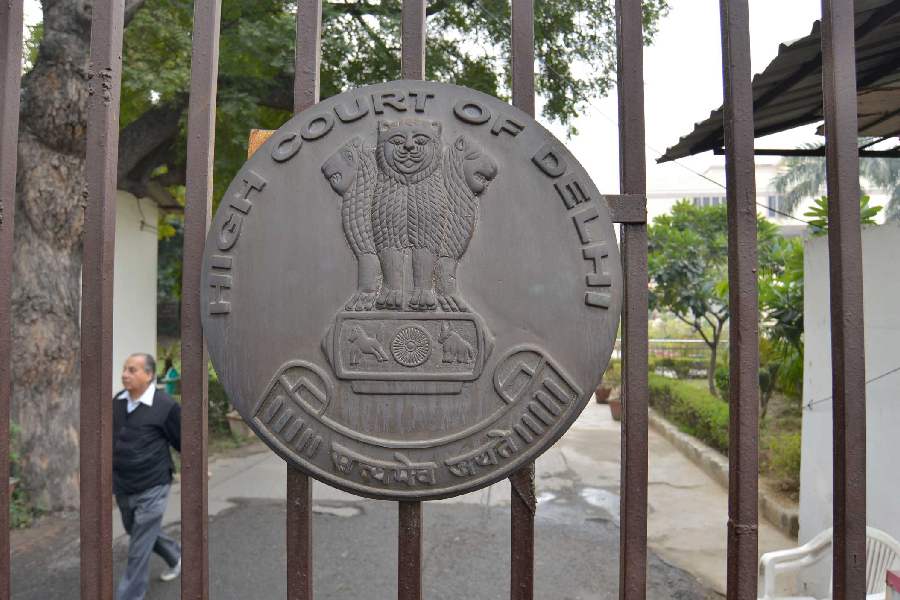Language absorbs society’s gendered practices. The head of the family is given names such as ‘paterfamilias’ or ‘karta’ in two different languages and cultures, and both words are of the masculine gender. That men alone can be trusted with a family’s management was a belief deeply ingrained, an issue that the Delhi High Court reportedly alluded to in its recent ruling that a woman can be the karta or head of a Hindu undivided family. The history that made this ruling possible was far from smooth. It is a mark of society’s resistance that this was not the first ruling on the matter: the Delhi High Court had come to the same conclusion in 2016. That had apparently not changed the litigants’ perceptions in the latest case. This suggests how women are viewed in their own families. But an amendment to the Hindu Succession Act in 2005 allowed women to be equal inheritors with men of the assets of a Hindu undivided family. Although the woman became a co-parcener in her natal family, the rights she so gained would not change upon her marriage. The 2016 judgment by the Delhi High Court laid bare the logical implications of the amendment by ruling that as equal inheritor, nothing barred a woman from being the karta if she happened to be the family’s seniormost member.
The latest judgment upheld that decision. If a woman can inherit but cannot be the head, it would foil the point of the amended law. The high court reportedly said that popular perceptions or ingrained social practices cannot stand in the way of a constitutionally upheld law. The 2016 judgment had referred to the destruction of equality of genders through society’s stratification, which forced women into a secondary status. But they cannot be fettered forever. Women’s advance towards greater agency continues against great odds even now. The high court’s judgments reflect the changes taking place, although society is loath to accept what these changes imply. Since the karta has certain decision-making powers regarding the assets of the family apart from managing it, women must attain this place in spite of society’s suspicion of their abilities to decide or judge and its resistance against the possibility of their leadership. The Delhi High Court has eased their struggle in one sphere.











